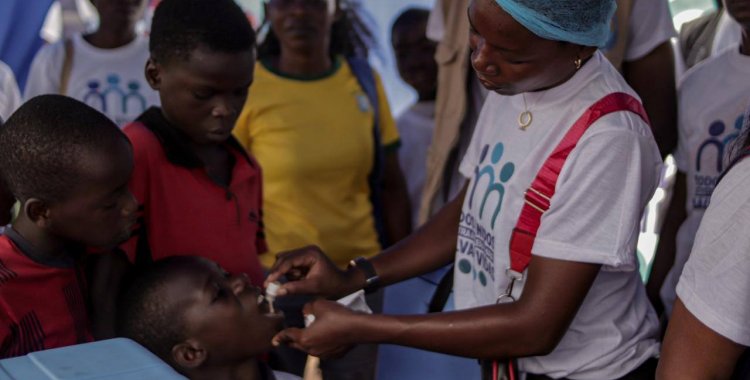"There is no lack of control [of cholera], it is expected behavior and in the coming days the number of cases will increase," said the specialist, commenting on the growing number of cholera cases across the country.
According to Jeremias Agostinho, measures to prevent cholera in the country "are not easy to implement" and he pointed to problems related to basic sanitation and access to water as "major obstacles" that negatively contribute to stopping the outbreak, which has already reached ten provinces.
Cholera continues to spread in Angola with 255 more cases reported in 24 hours, bringing the total to 3402, and six deaths, now totaling 114 deaths, according to the latest bulletin from the Ministry of Health.
Since the outbreak began on 7 January, a cumulative total of 3402 cases have been reported in ten provinces, with 1661 in Luanda, 1267 in Bengo, 433 in Icolo and Bengo, 16 in Cuanza Sul, six in Huambo, six in Huíla, five in Zaire, five in Malanje, two in Cuanza Norte and one in Cunene, with ages ranging from 2 to 100 years.
The Minister of Health, Sílvia Lutucuta, assured, at the end of January, that the Government is making efforts to control the cholera outbreak before March, with the aim of preventing the spread of the disease during the months of March and April, a period of intense rains in the country.
Jeremias Agostinho considered, on the other hand, that containing the spread of the disease until April is dependent on vaccination, arguing that the vaccine interrupts the spread of the disease.
He also noted that, of every 100 people infected by the bacteria, "80 [already vaccinated] will not present symptoms, but they transmit it and after infection they become immune," he said.
Angola began a cholera vaccination campaign on February 3, starting in the three most affected provinces (Luanda, Bengo and Icolo e Bengo), with around one million vaccines having been purchased.







